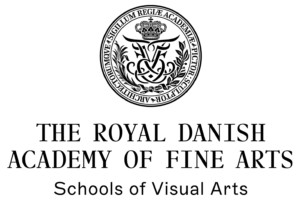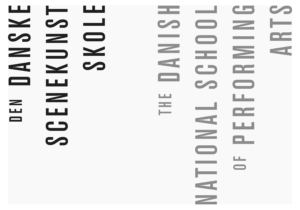The carousel concept: a practice of life in performing arts
The Carousel Concept was developed as a training practice for the contemporary actor/student. When practising the carousel concept, the actor/student trains several acting techniques at the same time, instead of just one. This allows the actor/student to select among the different approaches and find a personal way to work and navigate on stage.
This research project is produced in the field of performing arts and revolves around the development of the Carousel Concept with the researcher’s own artistic practice as source. The project is driven by the wish to renegotiate and rewrite classical acting techniques directed by non-hierarchical ways of working that can develop and strengthen the actor’s/student`s personality artistically.
The practical main working tool for approaching these questions is the carousel practice which facilitates the actor/student to discover and create him- or herself as a manifold player in artistic processes.
The actors`/students` own biography is scenically articulated, fictionalized and made sensually perceptible in the exercise. The Carousel Concept is a play within a play.
A serial improvisation that is staged as an event in four acts:
- Prologue: Interview.
- Interlude: A Secret Meeting- Preparation and Transition.
- Main Part: At Home At- The Carousel Round Dance: A series of episodes, each between two people.
- Epilogue: Reflection.
The new vocabulary is informed by dramaturg and researcher Mette Tranholm’s PhD Thesis “Disincarnation: Jack Smith and the character as assemblage”, which refers to a lively traffic between classical Stanislavskian, Brechtian, Artaudian and postdramatic acting techniques.





